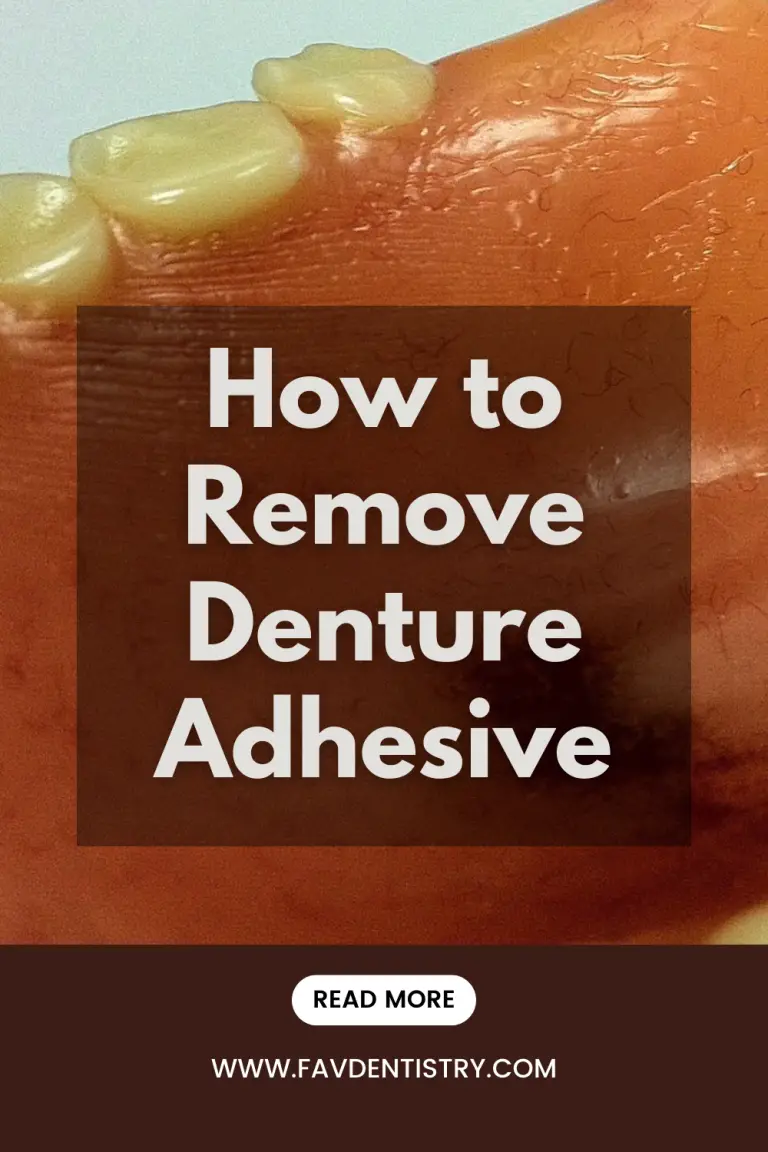When Can I Sleep Comfortably Without My Immediate Dentures?
Last Updated on 6 months by DR. ALBIN SIPES
You can sleep without your immediate dentures once your dentist confirms that your gums have healed. Losing your natural teeth can be a life-altering experience, affecting not only your ability to eat and speak but also your self-esteem.
Dentures are a popular solution for those who have lost their teeth, but adapting to them can take time. Immediate dentures, also known as temporary dentures, are given to patients immediately after teeth extraction to minimize discomfort and improve functionality.
But what about sleeping with these dentures? It’s a common concern among denture wearers. In this article, we will discuss when you can sleep without your immediate dentures, the reasons behind it, and some important considerations for a good night’s sleep. So let’s dive in and find out more.

Credit: www.drrafetto.com
Adjusting To Life With Immediate Dentures
The immediate denture experience:
Making the decision to get immediate dentures is a big step towards improving your smile and dental health. However, it’s important to be prepared for what to expect during the adjustment period. Here are some key points to keep in mind:
- Initially, wearing immediate dentures may feel strange and uncomfortable. Your mouth will need time to adjust to the presence of the dentures.
- It is normal to experience some sore spots and gum irritation during the first few weeks. This is because your mouth is getting used to the new dentures and the pressure they exert on your gum tissue.
- Speech may be affected initially while you get used to speaking with the dentures in place. Practice speaking slowly and enunciate clearly to help adjust your speech.
- Some patients may experience an increase in saliva production initially, which is a normal response to having foreign objects in the mouth. This should subside as your mouth adapts to the dentures.
What to expect in the first few weeks:
- The first few weeks with immediate dentures can be challenging as you navigate through the adjustment period. Here are some key points to keep in mind:
- You may experience difficulty eating certain foods at first. Start with soft or liquid foods and gradually introduce firmer foods as you become more comfortable.
- It is important to follow the care instructions given by your dentist to ensure the longevity of your dentures. This includes proper cleaning and storage when not in use.
- It is common to experience some changes in the fit of your dentures during the healing process. Your dentist will make necessary adjustments to ensure a comfortable fit.
Managing discomfort and pain during the adjustment period:
- It is normal to experience some discomfort and pain during the adjustment period with immediate dentures. Here are some tips to help manage discomfort:
- Over-the-counter pain relievers can be helpful in alleviating any soreness or pain. Consult with your dentist before taking any medications.
- Rinsing your mouth with warm saltwater can help soothe gum irritation and promote healing.
- Avoid hard or sticky foods that can cause added discomfort or damage to the dentures.
- Regular visits to your dentist during the adjustment period are crucial. They will monitor the healing process and make any necessary adjustments to ensure your comfort.
Remember, adjusting to life with immediate dentures takes time and patience. With proper care and regular dental visits, you’ll soon adapt to your new smile and enjoy the benefits of a functional and confident smile.
The Healing Process And Sleep
When it comes to adjusting to immediate dentures, one common concern is when it’s safe to sleep without them. The healing process plays a crucial role in determining when you can comfortably sleep without your immediate dentures. Understanding the healing timeline post-denture extraction is essential for a smooth transition.
Additionally, your sleep patterns can affect the healing process, so it’s important to consider how sleep can impact your recovery. Luckily, there are tips and strategies you can follow to ensure you sleep comfortably with your immediate dentures. Let’s delve into these aspects in more detail.
Understanding The Healing Timeline Post-Denture Extraction:
- In the initial 24 hours after extraction, avoiding sleeping without your immediate dentures is recommended to control bleeding and promote blood clot formation.
- During the first week, tissue healing begins, and swelling and discomfort gradually subside. However, it is still advisable to wear your dentures while sleeping to aid in the healing process and prevent potential complications.
- Between 7 to 10 days, the initial healing phase is usually completed. At this point, wearing your immediate dentures while sleeping becomes optional, but it is still recommended for comfort and stability.
How Sleep Can Affect The Healing Process:
- Sleeping without your immediate dentures too soon can pose risks like potential trauma or injury to the extraction site.
- Proper alignment and support from dentures while sleeping can aid in preserving the shape of the oral tissues and preventing bone resorption.
- Quality sleep is essential for overall healing and recovery. By ensuring comfort during sleep with your immediate dentures, you can help enhance the healing process and promote a healthy oral environment.
Tips For Sleeping Comfortably With Immediate Dentures:
- Clean your dentures thoroughly before going to bed to maintain oral hygiene and prevent gum infections.
- Consider using denture adhesive, as it can provide additional stability and comfort while sleeping.
- Follow a soft food diet and avoid consuming hard or sticky foods before bedtime to minimize discomfort during sleep.
- Use a mouthguard, if necessary, to prevent grinding or clenching your teeth, which can impact denture fit and cause discomfort.
- Maintain a regular oral hygiene routine by cleaning your mouth and dentures upon waking up in the morning.
By understanding the healing timeline, recognizing the impact of sleep on the healing process, and implementing these tips for comfortable sleep with immediate dentures, you can ensure a smoother transition and promote a successful recovery.
Frequently Asked Questions For When Can I Sleep Without My Immediate Dentures
How Long Should I Wear Immediate Dentures Before Removing Them At Night?
It is recommended to wear your immediate dentures for at least 24 hours after they are first placed. This helps with the healing process and ensures proper fitting. After the initial 24 hours, you may remove them at night while sleeping.
Can I Sleep With My Immediate Dentures?
It is generally advised to remove your immediate dentures while sleeping to give your gums and mouth a chance to rest. Sleeping without your dentures allows for better blood circulation and prevents any potential discomfort or tissue damage.
What Are The Benefits Of Removing My Immediate Dentures At Night?
Taking your immediate dentures out at night allows your mouth to breathe and promotes good oral health. It reduces pressure on your gums, preventing sores and promoting better blood flow. Additionally, it gives both your dentures and mouth the necessary rest they need.
Will Removing My Immediate Dentures At Night Affect Their Fit?
No, removing your immediate dentures at night will not negatively affect their fit. In fact, it is advisable to give your gums time to rest and recover overnight. However, it is important to properly clean your dentures before reinserting them in the morning to maintain hygiene and ensure a good fit.
Should I Wear My Immediate Dentures While Sleeping If I Have Sore Spots?
If you are experiencing sore spots in your mouth due to the immediate dentures, removing them at night can help alleviate the discomfort. It allows your gums to heal and reduces irritation. It is best to consult your dentist for guidance if you are experiencing persistent sore spots.
Conclusion
The journey of adjusting to immediate dentures can be challenging, but with patience and proper care, you can gradually build up your tolerance and comfort. Sleeping without your immediate dentures may take time as your mouth needs to adapt to this new change.
It is essential to consult your dentist for guidance on when it is safe to remove your dentures at night. While sleeping without dentures offers relief for your gums and muscles, it is crucial to keep good oral hygiene by cleaning them thoroughly before wearing them again in the morning.
Remember, the initial discomfort is temporary, and as you continue to follow your dentist’s advice and maintain your oral health, you will eventually find the independence and comfort to sleep peacefully without your immediate dentures.


